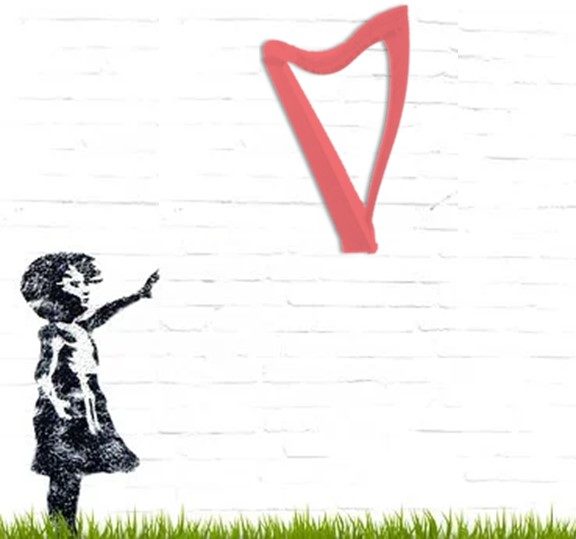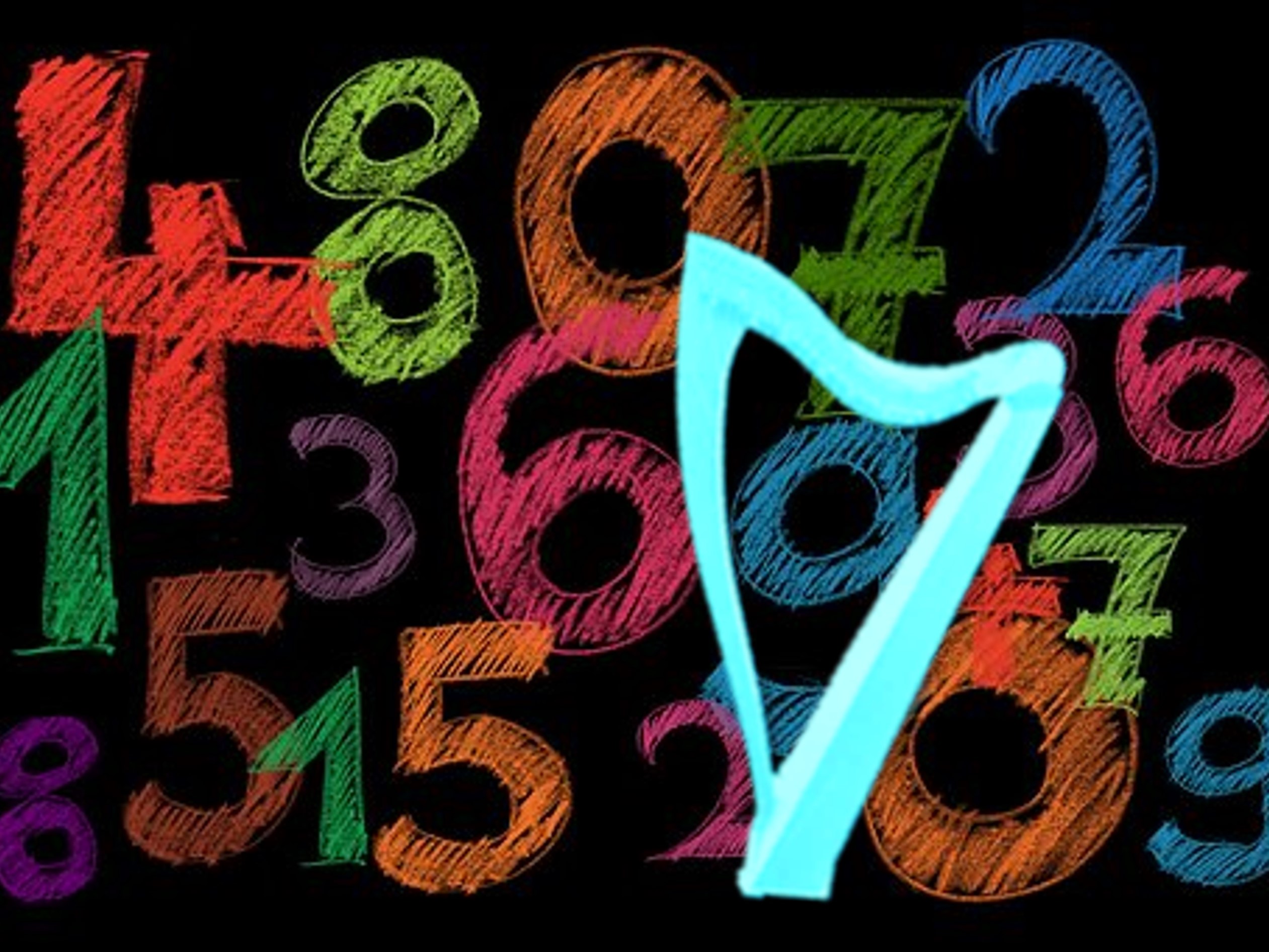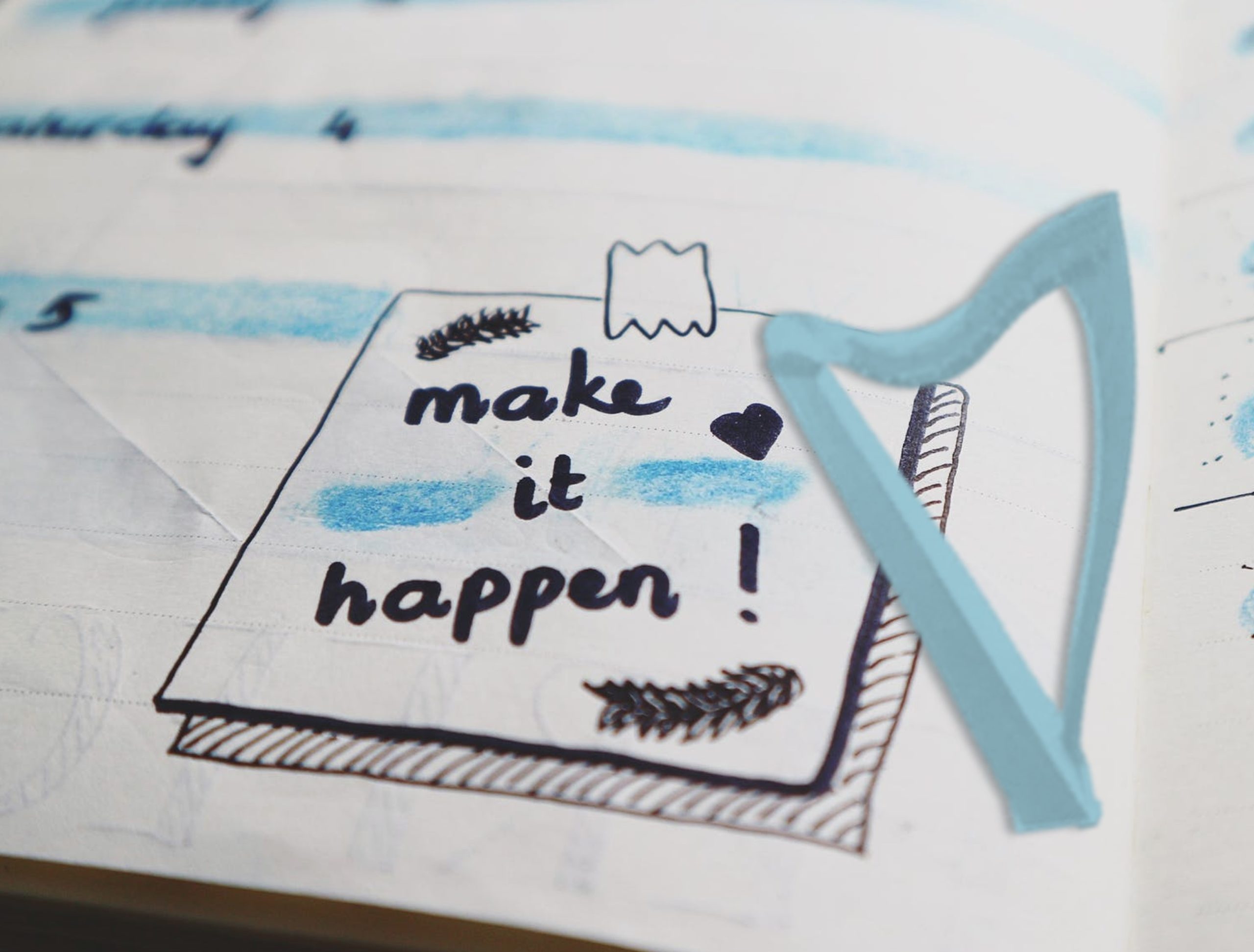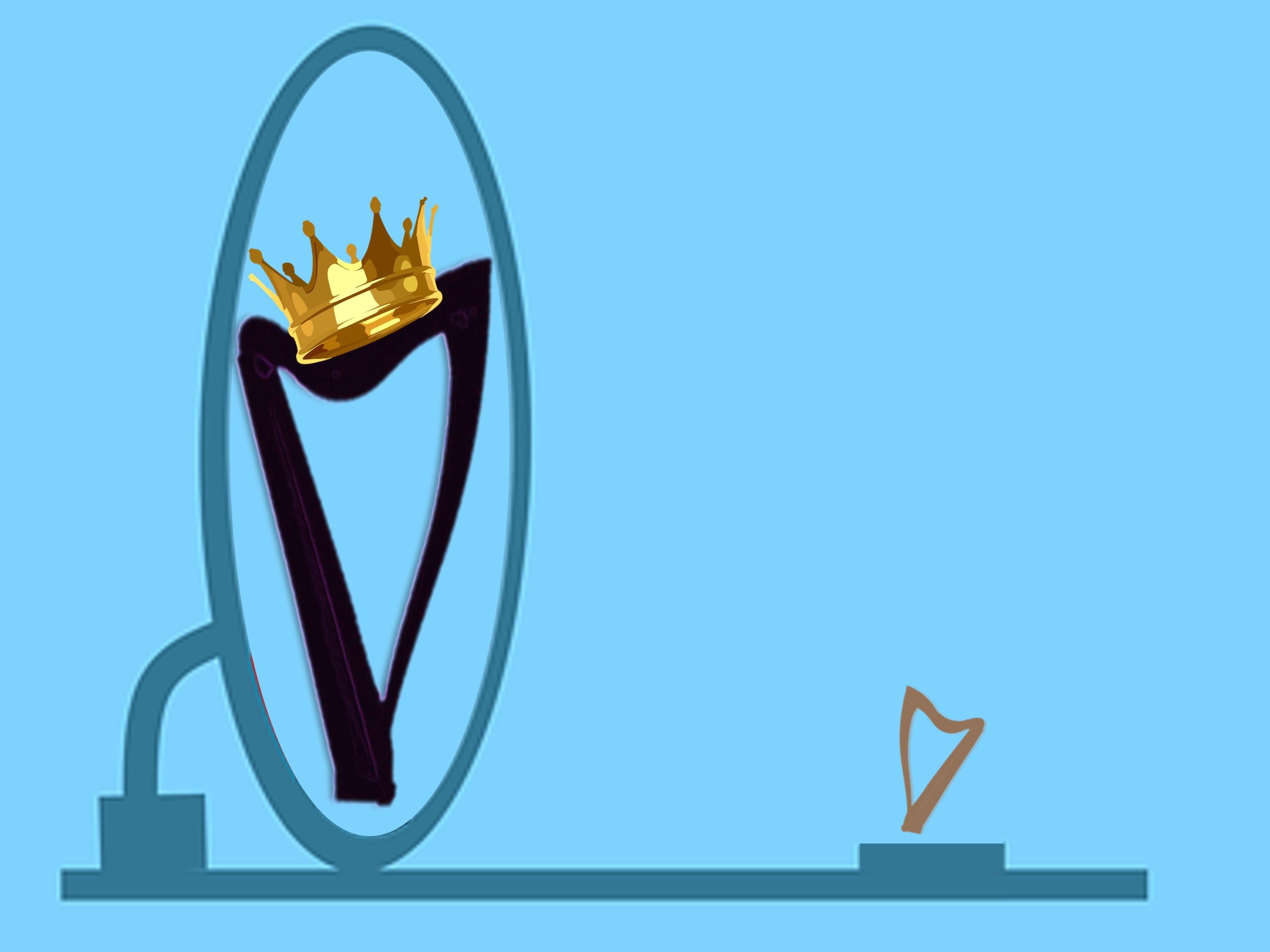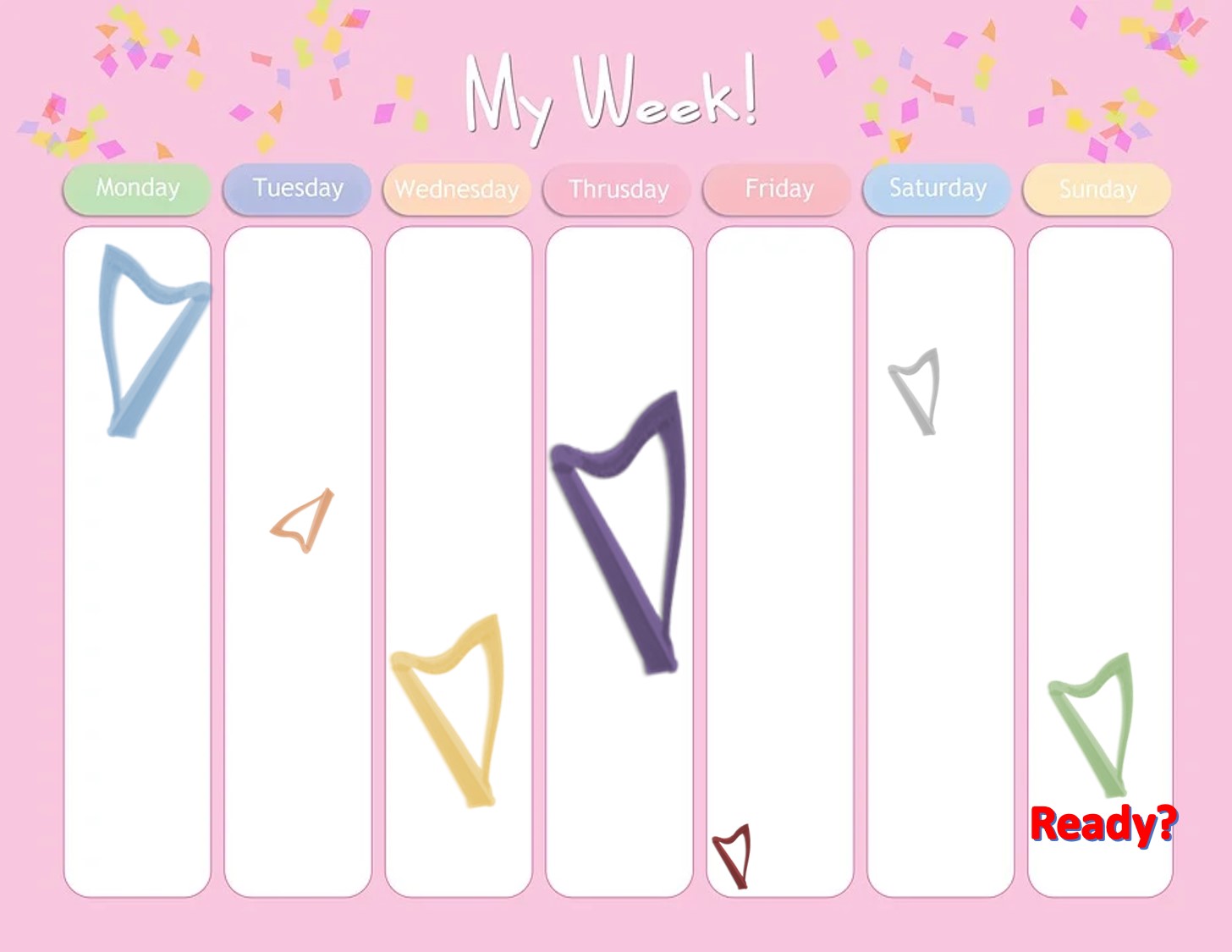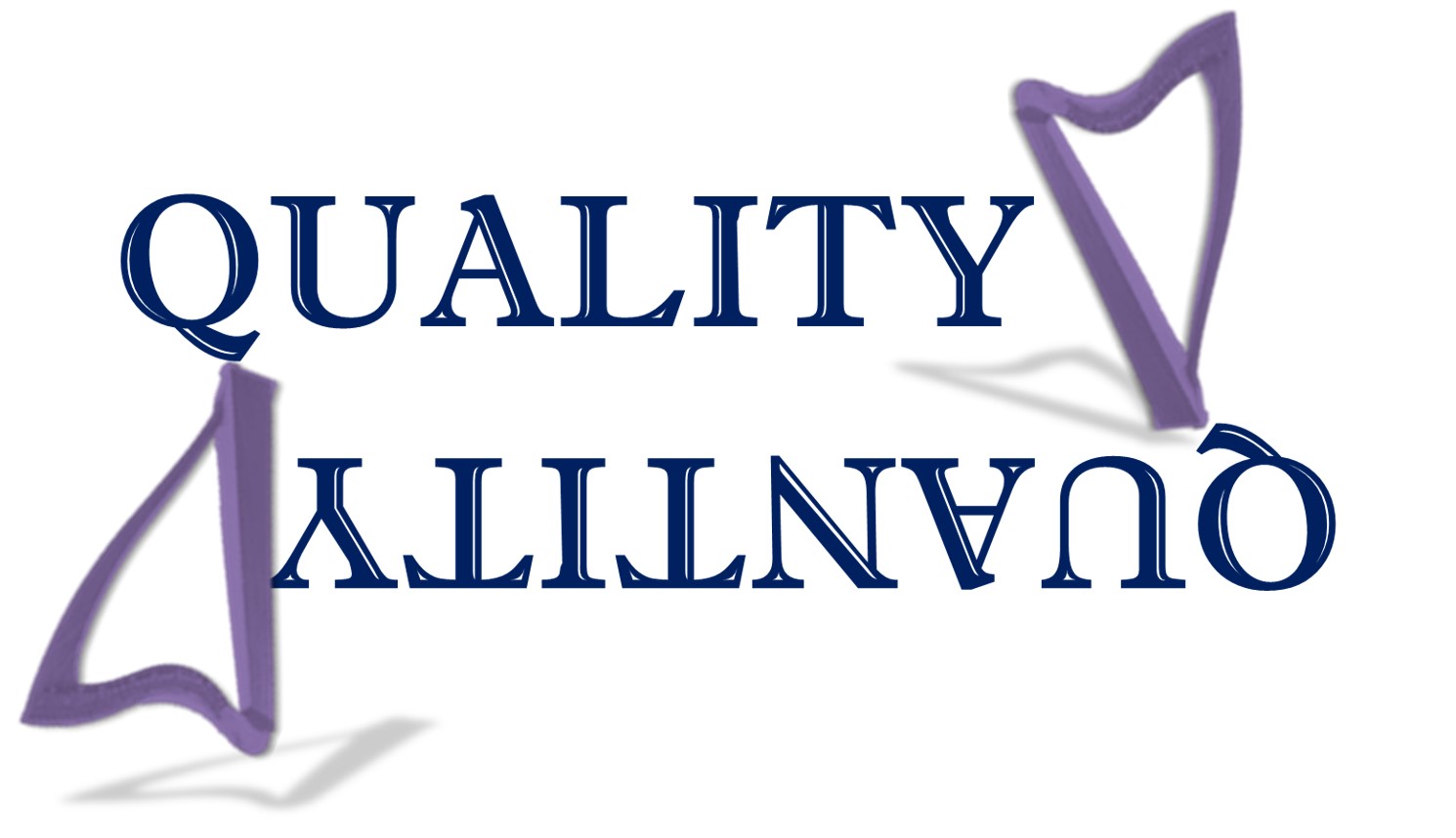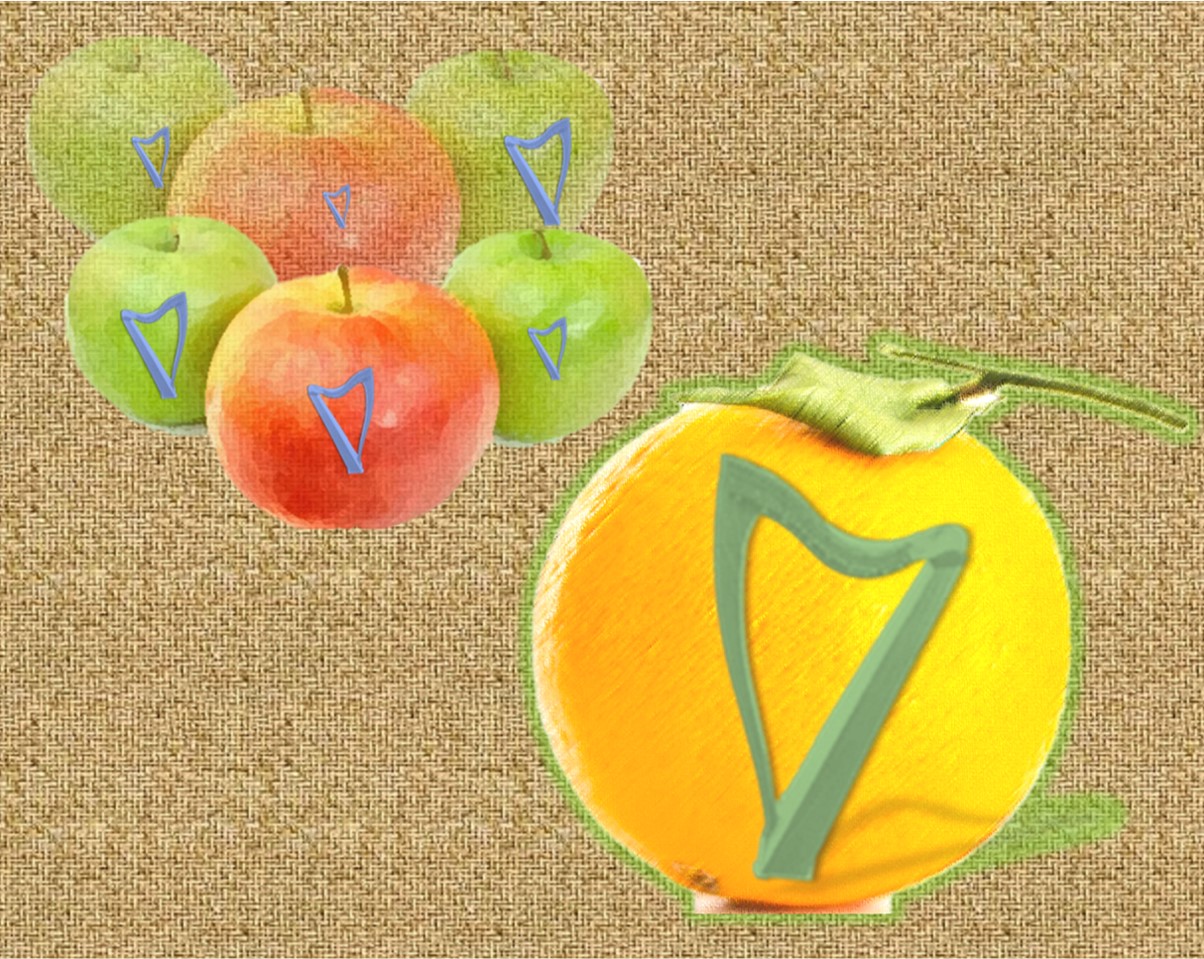We are strivers. Don’t believe me? Of course we are – we are always trying to be better harp players. We try to learn new music. We work to polish the music we already know. In other words, we strive to improve ourselves – we’re strivers!
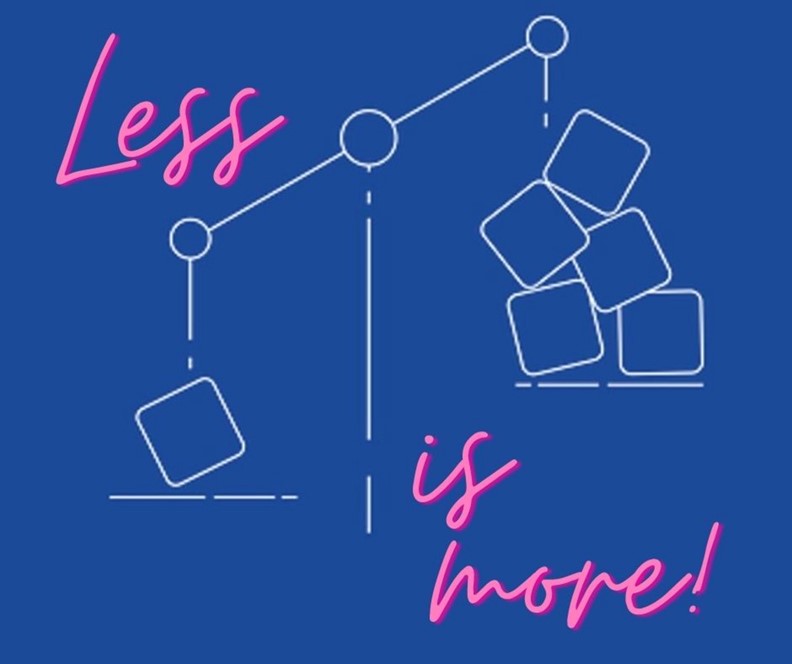 And, all in all, that’s a good thing. We work hard doing something we love, and we have very good reason to be very proud of our accomplishments. Add to that my unending exhortation that you practice, and you might be very confused by the headline.
And, all in all, that’s a good thing. We work hard doing something we love, and we have very good reason to be very proud of our accomplishments. Add to that my unending exhortation that you practice, and you might be very confused by the headline.
Because I do always suggest you find more time to practice, that you be more organized, that your write down – oh, I don’t know – everything, and that you put yourself out there more. More, more, more – I’m always asking you to do more.
But not this week. This week, let’s turn that around –
What do you want to do less of?
Now, before you do the dance of joy, think carefully about what you’d like your answer to be. Because it’s worth examining not only what you’d like to do less of but also why you’d like to do less of it.
For instance, if you said you’d like to do scales less – why? And how? Do you just not want to do them at all? Or do you want to do fewer of them? What would you gain by doing them less?
What if you said you just wanted to spend less time practicing? Again, why? Not enjoying your time at the harp? That would be sad. Or is it that you feel like you spend all that time and maybe aren’t getting where you’d hoped you’d be?
You can do this little exercise – asking what you’d like to do less on – with just about every little thing that makes up your practice. This might lead you to ask “Why?” again. Here are five reasons to figure out what you’d like to do less of (and then actually do less of it):
- I want to spend less time sitting at my harp practicing. Is it the practicing that you want less of? Is it that you want to spend more time playing for enjoyment? If that’s it – maybe you need to manage your time at the harp a little more tightly – being sure to reserve time at the end to play for fun, to reconnect with your harp, to remember why you were practicing in the first place, to remember why you fell in love in the first place.
- I want to spend less money buying books. Ok, is this really a bad thing? Well, maybe a little (full disclosure, I believe that the correct number of books to have is the same as the correct number of harps – one more). If you find that you have too many books to use, or that the number of books you have is overwhelming, or that you’re just not using them, consider parting with some of them. First go through them and learn what it is about the books you don’t use that is keeping you from them (are the arrangements too hard, too easy, not your style? Was it your favorite book for a while but now, you know all the tunes and you do (or don’t) play them so you don’t need the book? Or did you never really take to the genre?). Now you can keep the books you need and want and dispose of the ones you don’t. How should you dispose of them? Well, you can have a book swap with your harp friends. Or have a book sale. You could donate them to a school program. You could sell them off. So many choices, all oriented to making sure you have less (actually fewer) books to deal with.
- I want to spend less time working hard. Sometimes we hang on to ways of working that may be “tried and true” but aren’t necessarily useful. If you are still making yourself play something 25 times perfectly before you will move on, you might be stuck there. There is no correct number of times to do something, so you might need a new metric for when something is learned. I’m sure it’s more than one repetition, but it’s probably not 25 either. I tend to be more focused on how the pass went (was I confident of the notes and their values? did I get the fingering with ease? did I feel like I had the time I needed to get from shape to shape?) than on how many I had banged through (or keeping count of how many I have done).
- I want to spend less time on mindless exercises. Ok, let’s start with the “mindless” exercises…exercises should n-e-v-e-r be mindless. They are not developed for vacuous completion. Each of them will teach you something, if you let it. Before you do any exercise (be it scales, arpeggios, or technical studies) you should know what it’s meant to help you with…and whether that is something you need to work on. My rule of thumb is that the more I think “I hate this” the more I need to do it – I’m hating it because it’s not easy, so I need to really knuckle under and do the thing. You’re probably more mature than me, so you probably have a better way of gauging this for yourself.
- I want to spend less time getting nowhere. Well, nowhere is often defined less by where you’re getting and more by knowing where you’re headed. Have you actually defined what you’d like to be doing or what the path there might look like? Why yes, this does sound suspiciously like having goals and knowing how you intend to achieve them. You could spend less time in aimless practice by spending a little more time figuring out where “there” is.
As much as I love playing my harp, do I also enjoy mindless hours grinding on music in various states of disrepair? NO, I do not. If you also do not, I’d suggest you spend a little time figuring out what you’d like to spend less time doing so you can spend more time practicing in a way that moves you to where you’d like to be. AND that you spend enjoyable time with your harp.
What would you like to strive to have less of or to spend less on? There are so many possible answers – what’s yours? Let me know in the comments!
